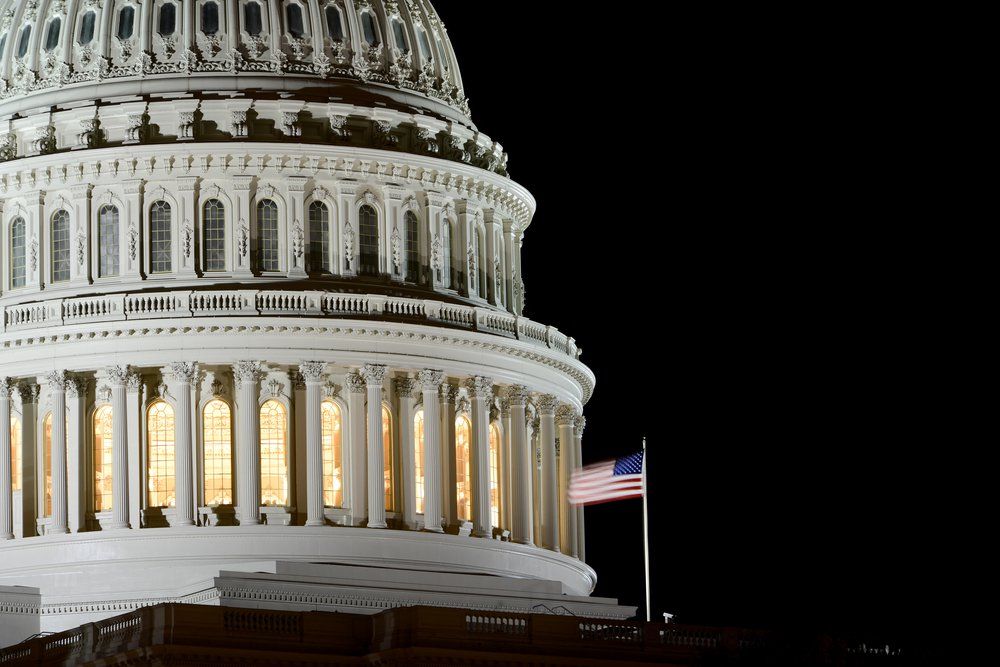Article
Is it worth it?
Author(s):
The author wonders why he continues to subject himself to a healthcare system that values paperwork over patients.
As I drive home the 75 miles from the small Indian Health Service hospital where I volunteer as an emergency physician, I find myself wondering, "Why am I doing this? Is it worth it?" It's been a difficult morning. And it's been a difficult few days in my salaried practice, as well-all the result of too few resources to deal with too much need in a healthcare system that often works against my patients rather than for them.
In a rare quiet moment at work two days ago, I was talking to a fellow physician who had been forced to give up his solo pediatric practice because he couldn't meet the increasing costs of his malpractice insurance and his employees' health insurance. He told me that his HMO reimbursement for childhood immunizations no longer even covered his cost of giving the vaccines. This in a system in which increasing numbers of healthcare dollars are being siphoned off to pay for overwhelming administrative overhead and astronomical salaries for insurance company chief executives.
The perverse irony of it all continues to rankle as I ponder the events of my day. The ED was empty when I arrived at 7 a.m., but it didn't stay that way for long. A 4-month-old baby, an apparent victim of SIDS, was already on his way in by ambulance. Although the attempt at field resuscitation had been stopped and the child had been pronounced dead, we would soon have the task of caring for the family and the other inevitable victims of SIDS.
At the scene of the first call, the EMTs had found a young man with a large scalp laceration lying in a pool of blood-a victim of the all-too-frequent interpersonal violence that we see here. He was hypotensive, tachycardic, and responded only to pain. The EMTs called for helicopter evacuation while they transported him to our ED for continuing resuscitation.
After arrival, he began to respond to fluid administration, but I had to spend more time meeting EMTALA transfer requirements and filling out required paperwork than I had spent in his evaluation and treatment. Had he been picked up at the scene by the helicopter, he would have been taken immediately to the nearest hospital capable of providing him definitive care. But because he came to us pending arrival of the helicopter, he now couldn't budge until all the required boxes were checked and the EMTALA forms were filled in. The paperwork had become more important than the patient.
We were lucky that our man with chest pain was stable, because the time I had spent meeting EMTALA requirements was time I didn't have for him or the other patients who were now rapidly filling our small emergency department: a man with an itchy rash; a woman with end-stage renal disease on dialysis who now had fever, nausea, and weakness; a young mother with a congested 2-month-old baby; an intoxicated man who had been struck in the head and face with a baseball bat; a high-school student with a hand laceration; an old gentleman who had fallen out of bed and had nasal deformity and bleeding; a suicidal young woman who'd sprayed insecticide in her mouth; a multiparous woman in labor; a middle-aged woman (the mother of the man we had just transferred out by helicopter) who was weak and dizzy.
Having temporarily completed my compulsory clerical duties, I began making my way to the other patients. As I did, a medical student introduced himself and told me he would be accompanying me in the ED. I enjoy teaching and welcome the opportunity to share what I know and don't know with students and residents, but I realized there would be precious little time for teaching that morning.
So we progressed as best we could, treating the patients for whom we had the capability, and attempting to transfer to other hospitals the ones who were beyond our level of care.





